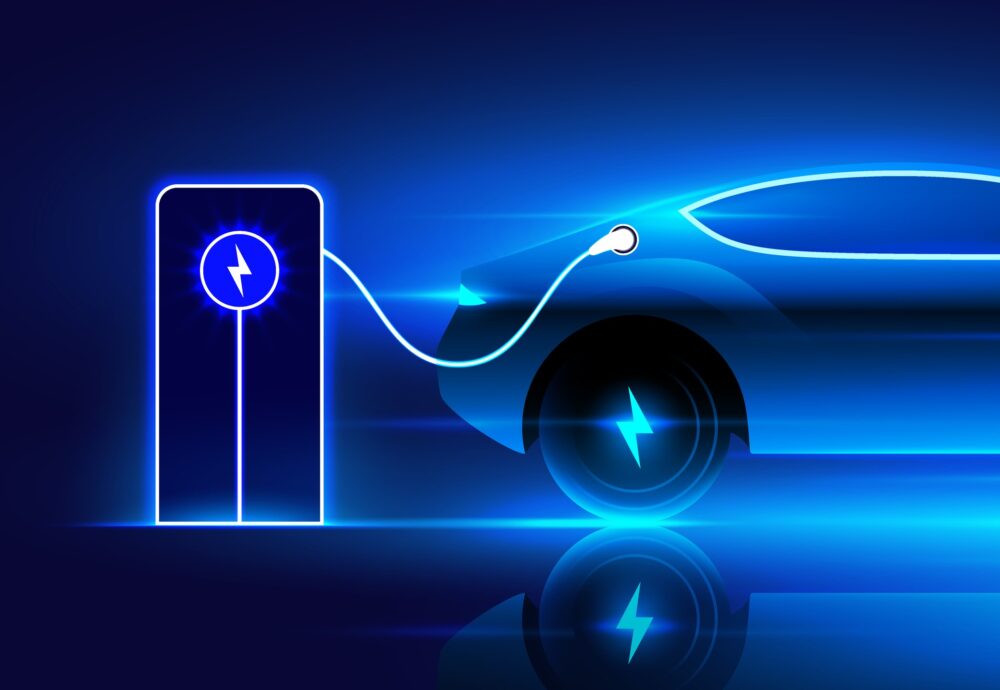- Joined
- May 2, 2024
- Messages
- 2,003
- Reaction score
- 2,938
- Gender
- Male
- Political Leaning
- Independent
ICE vehicles losing ground as consumers shift to hybrids and EVs — Autoblog
Car buying trends are shifting, with more consumers exploring hybrids and EVs over traditional gas-powered vehicles.
Car buying trends are shifting, with more consumers exploring hybrids and EVs over traditional gas-powered vehicles.
According to a new report from the Alliance for Automotive Innovation, ICE vehicles saw the biggest market share loss of any vehicle category in the first half of 2024, dropping by 2.3%. While ICE vehicles still make up a majority of new car sales, that dominance is being chipped away as consumers increasingly buy hybrids, plug-in hybrid electric vehicles (PHEVs), and EVs over traditional gas—and diesel-powered cars.


